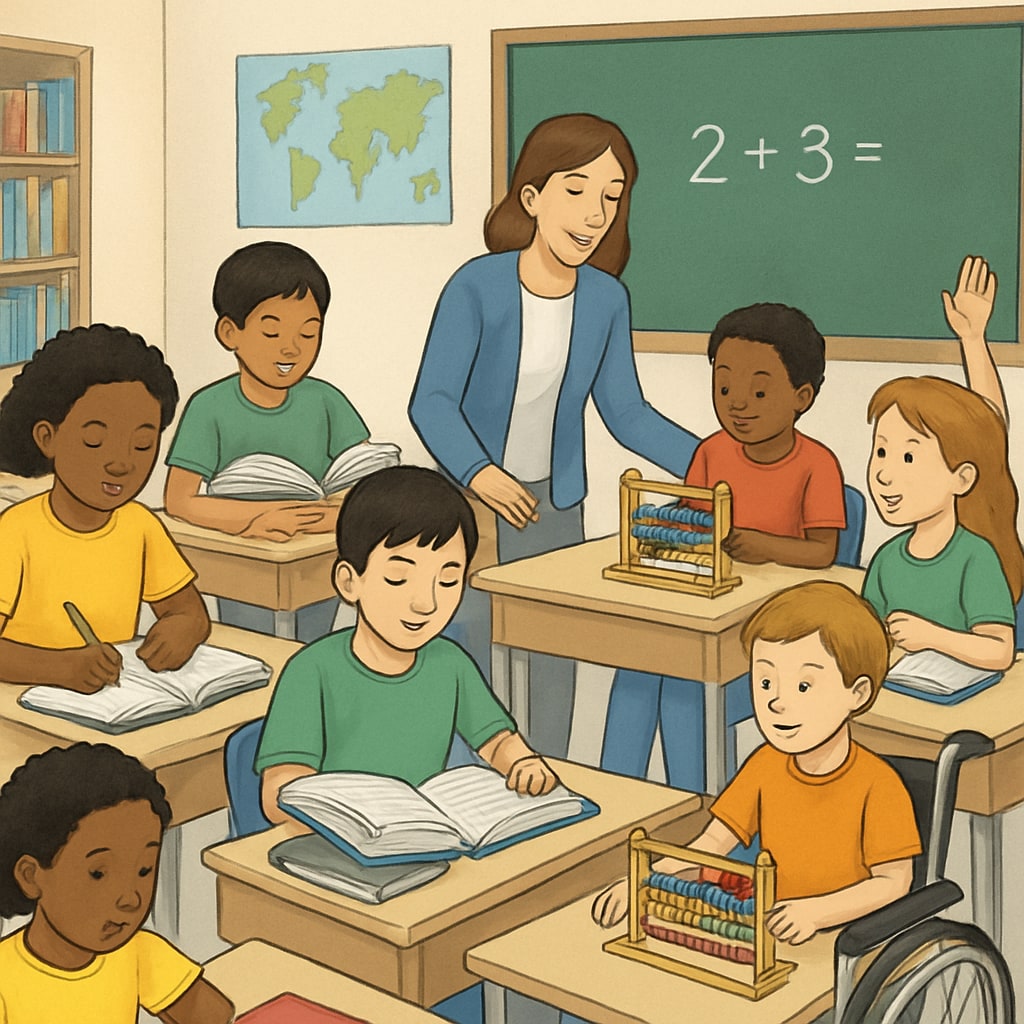The concept of “talent” in education systems has long been a double-edged sword. While it may appear to celebrate exceptional abilities, the application of such labels often leads to unintended consequences. In K12 education, the use of “talent” as a marker can exert undue pressure on those deemed talented while alienating or undervaluing the contributions of others. This article explores the hidden harm caused by “talent” labels and provides actionable strategies for creating a fairer and healthier educational environment.
The Hidden Pressure Behind the “Talent” Label
When students are labeled as “talented,” the expectations placed upon them can become overwhelming. While recognition might initially boost their confidence, it often leads to an unsustainable level of pressure. These students may feel obligated to consistently outperform their peers, fearing that a single failure will tarnish their reputation. This pressure can result in anxiety, burnout, and a distorted sense of self-worth.
For example, research published by the Britannica highlights how students labeled as gifted often experience higher rates of academic stress compared to their peers. This is particularly evident in competitive school environments that prioritize achievement over personal growth.

Marginalization of “Non-Talented” Students
While the “talented” students face their own challenges, those who are not given this label often suffer in silence. The implicit message that they lack talent can lead to feelings of inadequacy and low self-esteem. Instead of being encouraged to develop their unique strengths, these students may feel sidelined, resulting in disengagement from the learning process.
According to Wikipedia, the practice of labeling students can create a hierarchical structure within classrooms, where only a select few receive resources and attention. This approach overlooks the diverse capabilities of students, perpetuating a narrow definition of success.

Building a Fairer and Healthier K12 Education Environment
To mitigate the negative effects of “talent” labels, educators and policymakers must embrace strategies that value all students equally. Here are some actionable steps:
- Focus on Growth: Shift the emphasis from innate talent to growth and effort. Recognize achievements based on improvement and perseverance.
- Diversify Recognition: Celebrate successes across a range of areas, including creativity, teamwork, and emotional intelligence, rather than limiting recognition to traditional academic achievements.
- Provide Equal Opportunities: Ensure that all students have access to enrichment programs, mentoring, and resources that can help them thrive.
- Foster Inclusivity: Create classroom environments that value diversity in learning styles and strengths, encouraging collaboration and mutual respect.
By implementing these changes, educators can build a system that supports every student’s potential—without the harmful consequences of labeling. A fair and inclusive approach allows all learners to contribute meaningfully to their educational journey.
The Way Forward: Rethinking How We Define Success
Ultimately, the question is not whether talent exists but how we choose to define and nurture it. In moving away from rigid labels, we can create a more compassionate and equitable education system. By focusing on development, inclusivity, and personalized learning, we can ensure that every student has the opportunity to succeed on their own terms.
As a result, the K12 education system can better fulfill its purpose: preparing students not only to excel academically but also to grow as well-rounded individuals ready to face the challenges of the future.
Readability guidance: The article uses short paragraphs, clear transitions, and actionable insights to ensure accessibility to a broad audience. Lists are incorporated to summarize key points efficiently, while external links provide credibility and further reading opportunities.


